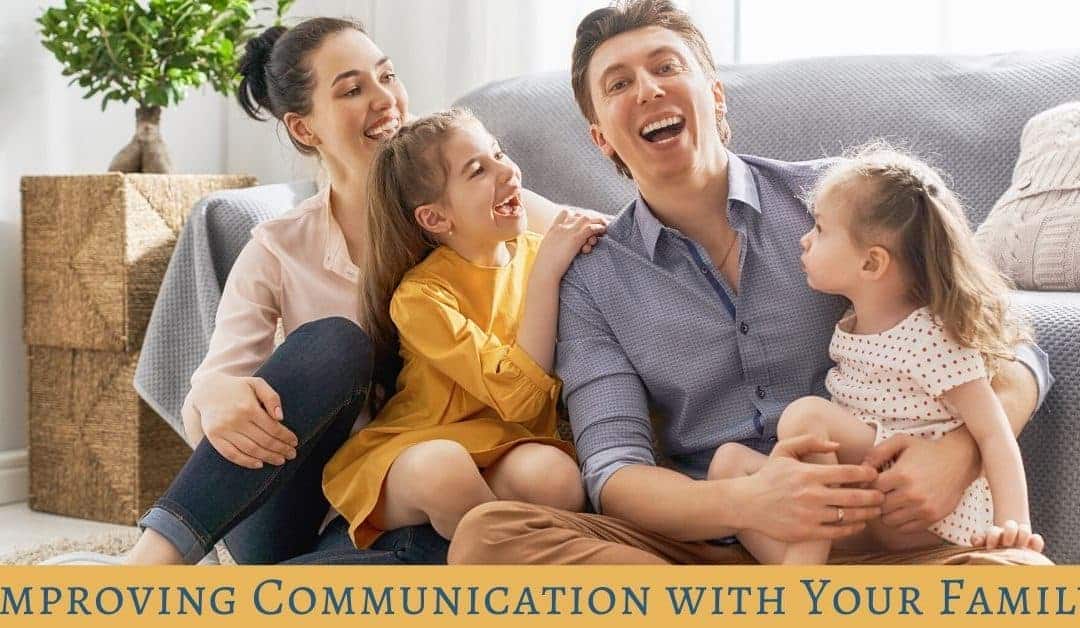Communication is an important aspect of any relationship. Excellent communication among the parties involved in a relationship helps in strengthening closeness and their relationship at large. At times, people with hearing loss may have communication difficulties.
Family members, friends, and loved ones may get frustrated by people with hearing loss, and they may inadvertently avoid contact due to communication difficulties. This article is going to help you interact well with people who have hearing loss and help those with challenges with speech recognition.
Tips for Communicating with People with Untreated Hearing Loss
Untreated hearing loss can lead to the challenges of speech recognition. It is difficult for people who have hearing loss to recognize and understand what you are talking about. They will have to be extra attentive and observe the movement of your lips, for them to at least get what you are saying. Encourage your loved one to consider the use of hearing aids, which are proven to help them improve speech recognition.
1. Do not take it personally
When you are talking to someone with hearing problems, you need to be patient and understand his or her condition. Most of the time, they will ask you to repeat what you are saying or even keeping quiet. Do not consider them rude as they are not doing that purposely.
2. Get Their Attention
When you are talking to them, especially when they are engaged in other activities, try your best to get their attention. You can do so by gently tapping their shoulder or arm, and this will help you communicate to them effectively. Call their name first until the time when they lend you their ears, then you can proceed giving out your information.
3. Be clear and audible
The secret is not speaking with a louder voice but instead is maintain clarity. Speak out the syllables and vowels clearly so that he or she can get what you are saying. Do not speak in a lower tone as well. Ensure you are audible enough and avoid shouting aimlessly.
4. Pause while speaking
When speaking to someone with hearing loss, be attentive to nonverbal cues. Take the opportunity to pause during natural breaks in what you’re saying. Often, a person with a hearing loss will try to lip read, so speak at a normal speed – neither too quickly nor too slowly.
5. Get closer and maintain eye contact
When you get closer to him or her and keep eye contact, you will make him or her feel loved and valued. By doing so, you will have attracted his or her attention and will his or her level best to get what you are saying. Do not shout at them from far, they will not get you, and you will get frustrated for your own mistakes.
6. Use non-verbal cues
The implementation of some elements of communication skills will help you in improving your communication with a person with hearing problems. Use nonverbal cues to explain something when talking to him or her, and this will help him or her get what you are saying.
Tips for Communicating with People with Hearing Loss
-
- Wearing Hearing Aids
This is the recommended treatment for people with hearing issues. If you experience hearing loss, wear hearing aids as recommended by your hearing health provider, and this will bring benefits for communication. You will be able to strengthen your relationship with other family members.
-
- Turn Off Noises While Talking
Noise distracts your hearing and can take away your concentration. It is essential to switch off your radio or TV when speaking to someone near you especially when you have challenges with speech recognition.
-
- Face to Face
When you are talking to someone, ensure that you maintain eye contact so that he or she does not feel that you are rude to him. By so doing, you will motivate the person to keep talking to you and you will be able to note his or her lips movement and pronunciation of words.
-
- Tell Others about Your Hearing Loss
As the third most common physical condition in the US, it’s time to remove the taboos around hearing loss! If you feel comfortable doing so, consider disclosing your hearing loss at the beginning of the conversation. Inform the people with whom you’re conversing that you have a hearing loss and how to best communicate with you.
Contact Us Today!
